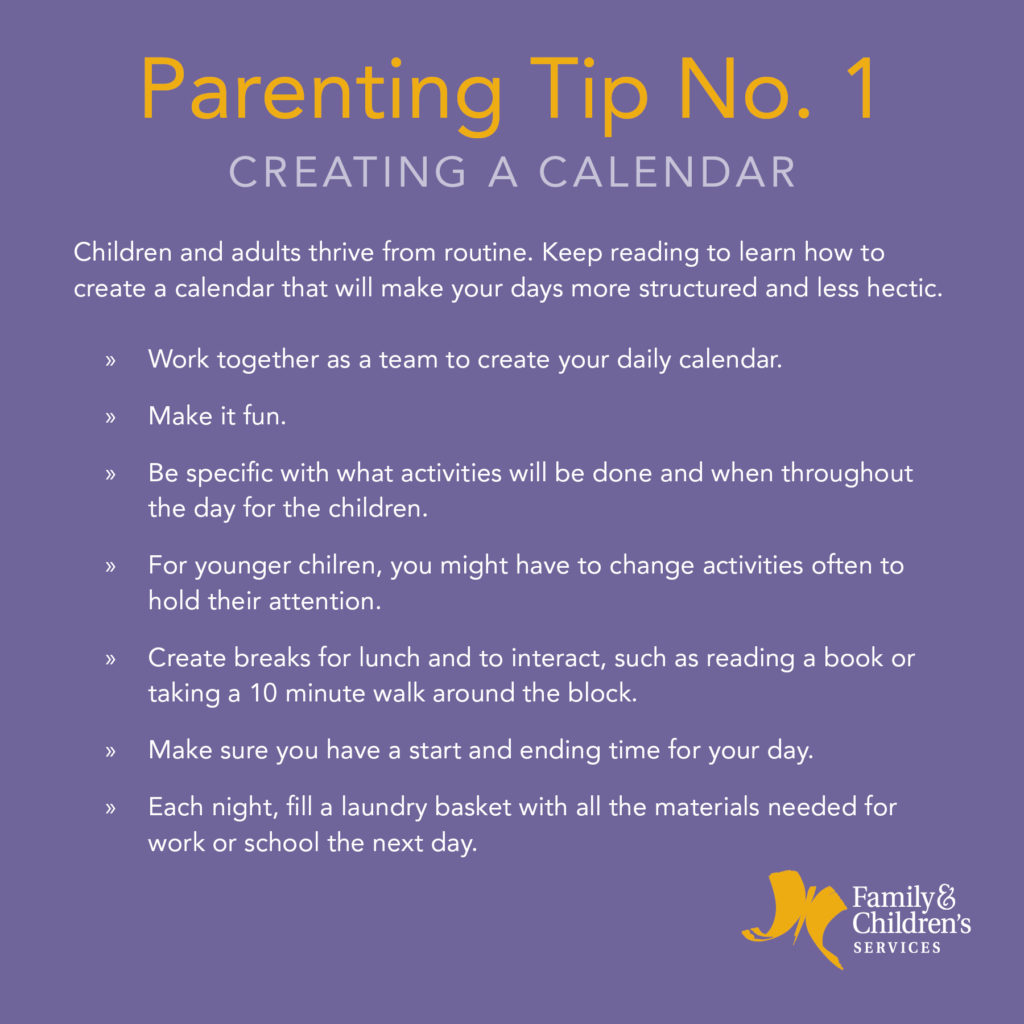
Did you know that 62% of parents report feeling stressed on a daily basis? With all the responsibilities that come with raising children, it's no surprise that many parents feel overwhelmed and exhausted. But what if we told you that parenting can actually be fun?
That's right, fun! Despite the challenges, there are plenty of opportunities for laughter, joy, and playful moments with your children. In fact, embracing the fun side of parenting can not only improve your relationship with your kids but also reduce stress and increase overall happiness in your family dynamic.
So put down those parenting books filled with serious advice and instead, grab this all-in-one guide to discover how to make parenting enjoyable for both you and your little ones.
Embracing the Fun Side of Parenting
Get ready to fully immerse yourself in the joys of being a parent by learning how to embrace the lighthearted and enjoyable moments that come with raising children. Parenting can be a lot of work, but it's also an opportunity to have a blast with your kids.
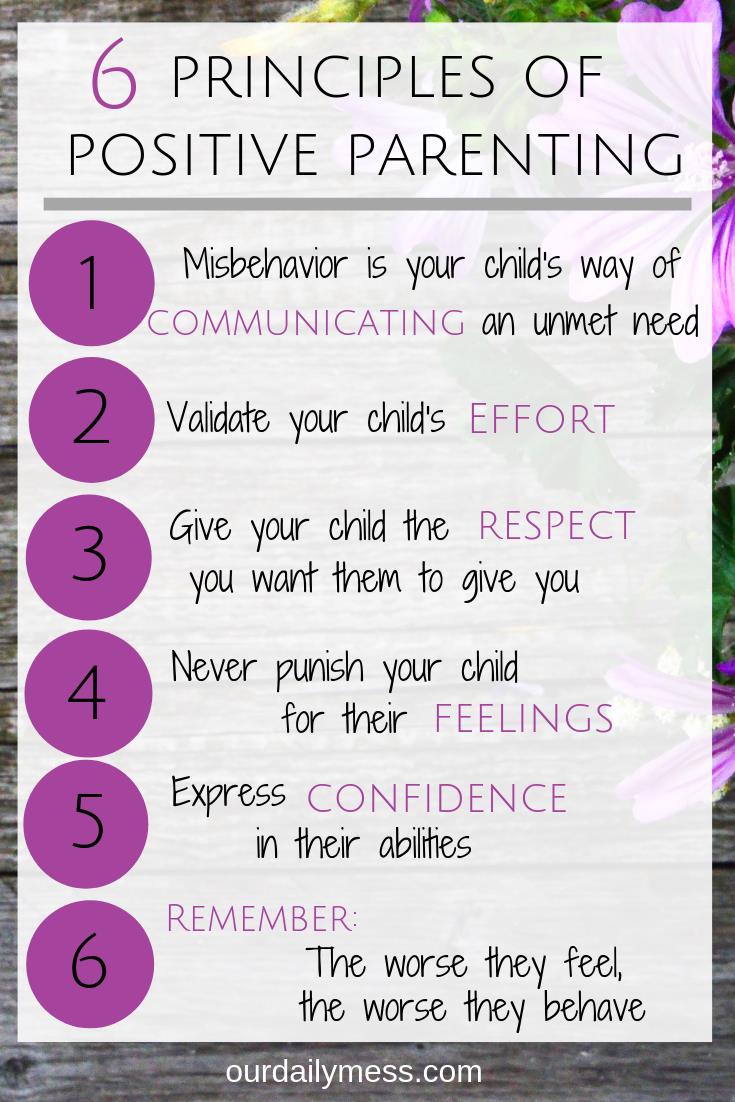
Finding joy in everyday activities like cooking dinner or playing games can help you connect with your child on a deeper level, making memories that will last a lifetime.
Take time to appreciate the little things - whether it's watching your child take their first steps or laughing together as you make silly faces. These moments are what make parenting worthwhile and enjoyable.
By focusing on these happy experiences, you'll be able to build strong relationships with your children based on trust, love, and mutual respect.
Building Strong Relationships with Your Children
Oh, so you've decided to learn how to foster meaningful connections with your offspring - kudos on taking the first step towards not being a terrible parent.

Building strong relationships with your children is essential in creating a positive and healthy family dynamic. It's important to nurture trust by being reliable and consistent in your actions and words. Make sure that you follow through on promises and commitments made to your children, no matter how small they may seem. This will show them that they can rely on you for support and guidance.
Maintaining open communication is also crucial in building strong relationships with your children. Encourage them to express themselves freely without fear of judgment or punishment. Listen actively when they talk, ask questions, and engage in conversations that encourage critical thinking and problem-solving skills. Letting them know that their thoughts and opinions are valued will strengthen their sense of self-worth and confidence.
Transitioning into playful activities for the whole family, there are many ways to incorporate fun into building these relationships while still maintaining trust and communication.
Playful Activities for the Whole Family
Are you looking for fun activities to do with your family that don't involve staring at screens all day? Look no further!

In this discussion, we'll explore three key points: Outdoor Adventures, Indoor Games and Activities, and Creative Projects. Whether you're in the mood for a hike in nature, a board game night, or an arts and crafts project, we've got you covered.
So gather the family together and let's get started on creating some playful memories!
Outdoor Adventures
Explore the great outdoors with your little ones and create unforgettable memories together. Nature exploration is a fantastic way to teach your kids about the world around them while having fun at the same time.
Take them on a hike, point out different plants and animals you see along the way, or even go camping for a night! The fresh air and exercise will do wonders for both you and your children.

Outdoor games are also a great way to bond with your family. From classic games like tag or hide-and-seek to more creative activities like building forts or having scavenger hunts, there's no shortage of things you can do outside.
Plus, it's a chance for everyone to disconnect from technology and connect with each other in person. But don't worry, if the weather doesn't cooperate or you just need some downtime indoors, there are plenty of fun indoor games and activities that you can enjoy as well.
Indoor Games and Activities
Get ready to have a blast with these indoor games and activities that will keep your family entertained for hours! When the weather outside is frightful, you can still have plenty of fun inside.
Indoor exploration allows your children to unleash their imagination while developing important skills such as problem-solving and creativity.

One great way to encourage imaginative play is by creating a scavenger hunt in your home. Hide clues around the house that lead to a final prize, like cookies or a small toy. Alternatively, you can set up an obstacle course using pillows and other household items. This will get everyone moving while also providing an opportunity for teamwork and cooperation.
Another option is playing board games or card games together, which can teach strategy and communication skills while having fun as a family.
Now that you've explored all the fun indoor games and activities, it's time to move on to some creative projects that will keep your kids engaged in imaginative play.
Creative Projects
Let's dive into some awesome creative projects that'll keep your kids engaged and spark their imaginations! Artistic endeavors can be a great way to introduce your little ones to new forms of expression.

For instance, grab a canvas and some paint, and let them create their own masterpiece or have them work on a DIY project by making their own birdhouse or jewelry box. These activities will not only keep them entertained but also help develop their fine motor skills.
Another fun way to engage your children is by exploring nature through science experiments. Try taking them on a nature walk to collect materials for an experiment such as creating a homemade lava lamp with oil, water, and food coloring. You could also use plants or flowers in art projects like leaf printing or flower pressing. These activities are not only educational but also allow your child to appreciate the beauty of nature.
Now that you've explored some artistic endeavors and science experiments with your child, it's time to move onto bonding exercises that will strengthen the relationship between you two.
Bonding Exercises
You can strengthen your relationship with your child through these bonding exercises. Taking art projects or nature walks together can be a great way to bond while enjoying the outdoors. Cooking together and having music time are also great options for quality bonding time. These activities help build trust, communication, and cooperation between you and your child.

Bonding exercises are not only enjoyable but also beneficial for both you and your child. They help create a safe space where you can connect with each other on a deeper level, allowing you to understand their needs better and vice versa. By spending quality time with them, you show them that they matter to you, which boosts their self-esteem.
Additionally, participating in these activities helps develop important life skills such as problem-solving, creativity, and teamwork.
As much as parenting is fun when done right, it comes with its fair share of challenges. However, there are practical tips out there to help you handle common issues like tantrums or bedtime struggles without losing your cool.
Practical Tips for Handling Common Challenges
When it comes to parenting, you're bound to face some common challenges. But don't worry, we've got your back!

Let's talk about discipline strategies - how can you set boundaries without being too strict? And what do you do when your child throws a tantrum in public?
We'll also explore the tricky topic of screen time - how much is too much and how can you manage it effectively?
Discipline Strategies
Disciplining your child might be tough, but with the right strategies and consistent effort, it can lead to a well-behaved and respectful child.
One of the most effective ways to discipline your child is through positive reinforcement. This simply means rewarding good behavior so that your child is encouraged to repeat it. The reward could be something as simple as praise or a small treat.

Another important aspect of discipline is consistency. It's important to establish clear rules and consequences for breaking them, and to consistently enforce those rules.
Children thrive on routine and structure, so setting clear expectations will help them understand what behaviors are acceptable and which ones are not. By being patient, empathetic, and firm in your approach, you can create a positive environment where your child feels safe and secure.
Now let's move on to dealing with tantrums – another common challenge parents face when raising children.
Dealing with Tantrums
Dealing with tantrums can be tough, especially when dealing with young children who are prone to throwing them. But don't worry, you're not alone in this struggle. Tantrums are a natural part of a child's development, and as parents, it's up to us to learn effective ways of preventing and handling them.
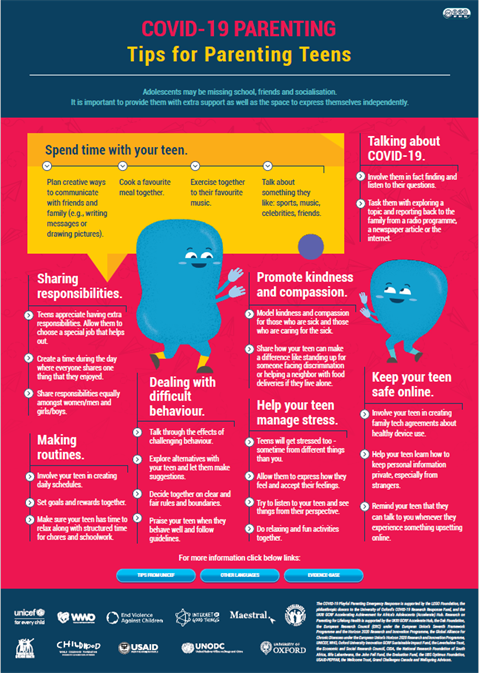
To prevent tantrums, it's important to understand your child's triggers and avoid situations that may cause stress or frustration. This means being proactive by ensuring your child is well-rested, fed, and has had ample playtime before heading out on errands or engaging in activities that may test their patience.
Despite our best efforts, meltdowns can still occur. In these instances, effective communication during tantrums is crucial. By remaining calm and patient while acknowledging your child's emotions, you can help diffuse the situation before it escalates further.
Now that you have some tips for handling tantrums like a pro, let's move onto managing screen time without causing too much fuss.
Managing Screen Time
You may feel overwhelmed with managing screen time for your child, but it's important to find a balance that works for both of you. Here are some tips to help you set boundaries and incorporate educational alternatives into your child's screen time:

Set clear rules: Establish specific times when screens are allowed and when they're not. Communicate these rules clearly to your child, and make sure everyone in the family is on board.
Explore educational options: Instead of simply allowing your child to watch mindless videos or play games, consider incorporating educational apps or websites into their screen time.
Monitor usage: Keep an eye on how much time your child is spending in front of screens each day, and adjust accordingly if necessary.
Lead by example: If you want your child to have a healthy relationship with technology, be mindful of your own screen time habits as well.

Remember that finding a balance takes time and patience, but it's worth the effort in creating a positive family dynamic where everyone can enjoy quality time together without the constant distraction of screens.
Creating a Positive Family Dynamic
You want to create a positive family dynamic, and that starts with encouraging positive behavior. By setting clear expectations and praising good behavior, you can help your children develop a sense of responsibility and self-discipline.
It's also important to foster independence by giving your children age-appropriate responsibilities and allowing them to make decisions on their own.
And don't forget to celebrate milestones and achievements along the way - these moments of recognition will help build confidence and strengthen family bonds.

Encouraging Positive Behavior
Encouraging positive behavior in children is crucial for their social and emotional development, and can ultimately lead to a more harmonious household. One way to do this is by using positive reinforcement. When your child does something good, make sure to praise them and acknowledge their efforts. This will encourage them to continue behaving positively and boost their self-esteem.
Another important aspect of encouraging positive behavior is setting boundaries. Children need structure and guidance in order to understand what is expected of them. It's important to set clear rules and consequences for breaking those rules. This helps children understand the difference between acceptable and unacceptable behavior, while also promoting accountability for their actions.
Remember that consistency is key when enforcing these boundaries - if you're not consistent, your child may become confused or frustrated with the rules.
To further promote a healthy family dynamic, it's important to foster independence in your children. By giving them age-appropriate responsibilities and allowing them to make decisions on their own (within reason), you're helping them develop confidence and problem-solving skills that will serve them well throughout their lives.

Fostering Independence
Now that you're starting to see positive behavior in your child, it's time to focus on fostering independence. It can be tough watching your little one grow up and become more independent, but remember that encouraging autonomy is a crucial part of parenting.
By nurturing responsibility at a young age, you'll help set your child up for success in the future. To encourage independence in your child, start by giving them small tasks to complete on their own. This could mean letting them pick out their own clothes or helping with simple chores around the house.
As they get older, gradually increase their responsibilities and give them more freedom to make decisions on their own. Don't forget to praise their efforts along the way - positive reinforcement goes a long way in building confidence and self-esteem.
As you continue to foster independence in your child, it's important to also celebrate milestones and achievements along the way. This will help keep them motivated and excited about learning new skills. So let's dive into some fun ways that you can celebrate these moments with your little one!

Celebrating Milestones and Achievements
Let's take a look at how we can celebrate our child's achievements and milestones, because every little step forward deserves recognition! As parents, it's important to acknowledge the progress that our children make.
Whether they're learning to walk or tying their shoelaces for the first time, rewarding progress is key in building their self-esteem and confidence.
One way to celebrate your child's achievements is by sharing successes with family and friends. Post a picture on social media or send an email to loved ones updating them on your child's latest accomplishment. Not only will this show your child that you're proud of them, but it will also help them feel supported by those around them.
Another idea is to create a reward system for when certain milestones are reached. This could be something as simple as allowing your child to choose what's for dinner or going out for ice cream together. Celebrating these moments together will create lasting memories and strengthen your bond with your child.

Frequently Asked Questions
What are some common mistakes parents make when trying to build strong relationships with their children?
As a parent, you want to build strong relationships with your children. However, common mistakes can hinder that bonding process.
One mistake is not spending enough quality time with your child. It's important to set aside distractions and truly engage in activities together.
Another mistake is not actively listening to your child's thoughts and feelings. Showing empathy and understanding can go a long way in strengthening your relationship.
Lastly, it's easy to fall into the trap of focusing solely on discipline rather than positive reinforcement and encouragement.
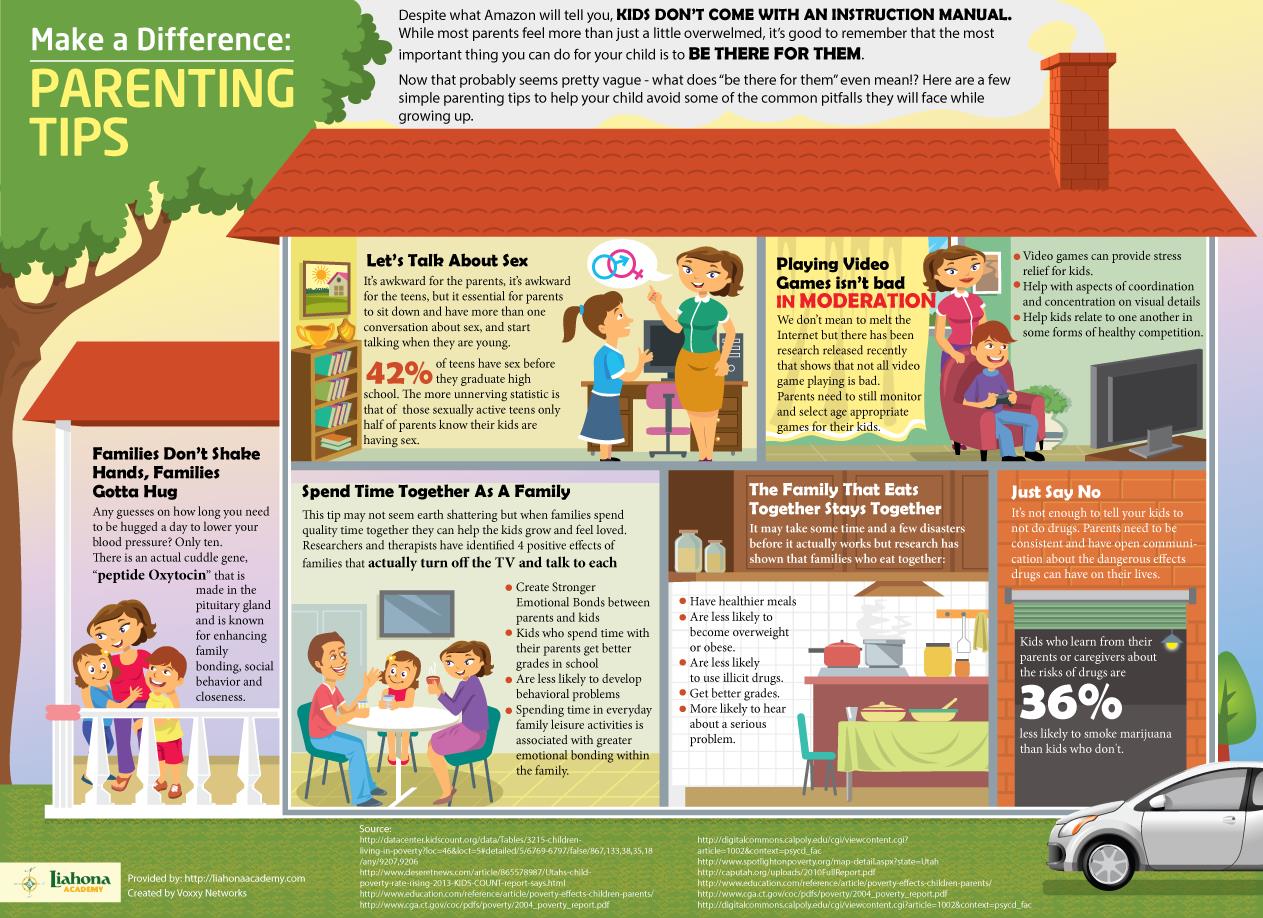
By recognizing these common mistakes, you can begin reaping the benefits of bonding with your child - increased trust, better communication, and a deeper connection overall.
How do you handle situations where one child in the family is more difficult to bond with than others?
Building connections with all your children can be as easy as pie, but it's natural to have one child who is more difficult to bond with than others. It's like trying to solve a puzzle piece that doesn't fit at first glance.
But don't worry, fostering empathy and building trust can help you create shared experiences that lead to stronger bonds. One tip is to spend quality one-on-one time with your child doing something they enjoy and showing genuine interest in their thoughts and feelings.
Another tip is to find common ground where you both can connect, such as a love for nature or music.
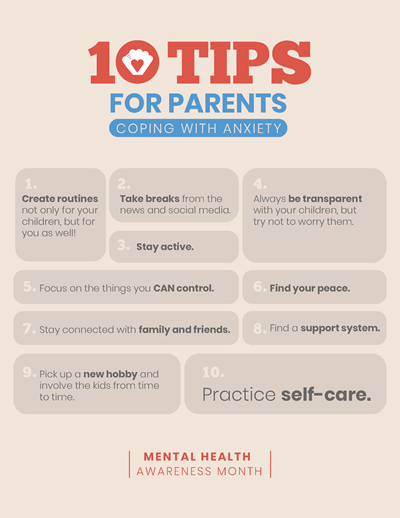
Remember, building connections takes patience and effort, but the end result of a closer relationship with your child will be sweet like honey.
Are there any playful activities or bonding exercises that are not appropriate for certain age groups?
When it comes to bonding with your children through playful activities, it's important to consider age appropriateness and safety concerns.
While there are plenty of fun games and exercises that can be enjoyed by all ages, some may not be suitable for younger children due to their physical limitations or developmental stage.
It's also important to keep safety in mind when choosing activities, making sure they don't pose any unnecessary risks or dangers.
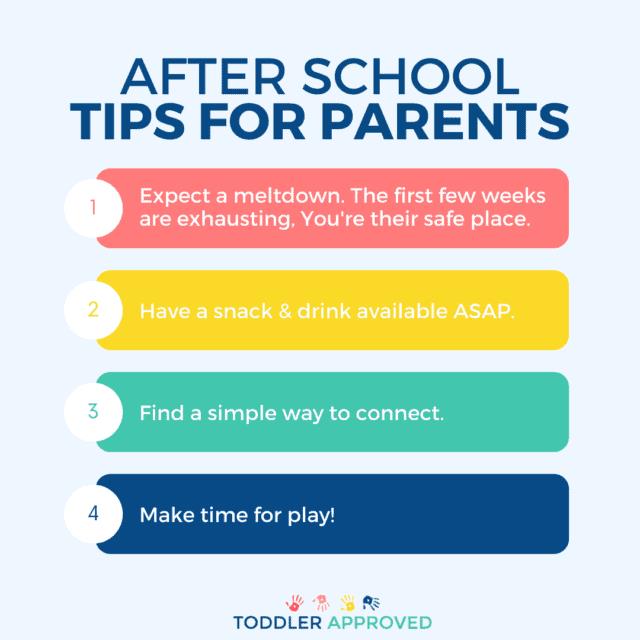
However, with a little research and creativity, you can find plenty of age-appropriate and safe ways to bond with your children while having fun together.
How do you handle disagreements or conflicts between family members during family activities or bonding exercises?
When conflicts arise during family activities or bonding exercises, it's important to approach them with a focus on conflict resolution and fostering communication.
Take the time to listen to everyone's perspective and encourage open dialogue. Emphasize the importance of respecting each other's opinions and finding a solution that works for everyone.
Remember to stay patient and understanding, as disagreements are inevitable in any group setting. By working together to find common ground, you can strengthen your family bonds while also teaching valuable life skills such as compromise and problem-solving.

Can you provide any tips for parents who are dealing with a child who has behavioral or emotional challenges?
Dealing with a child who has behavioral or emotional challenges can be tough, but there are effective therapy options and positive reinforcement techniques that parents can use.
It's important to remain patient and empathetic towards your child, as they may not always understand their own feelings or behavior. Consider seeking out therapy options such as cognitive-behavioral therapy or play therapy for your child, which can help them work through their emotions in a safe and supportive environment.
Additionally, utilizing positive reinforcement techniques such as praising good behavior and setting achievable goals can encourage your child to continue making progress. Remember to take care of yourself too, as parenting a child with behavioral or emotional challenges can be emotionally draining.
By staying informed and adopting a patient and knowledgeable approach, you can help guide your child towards a healthier and happier future.
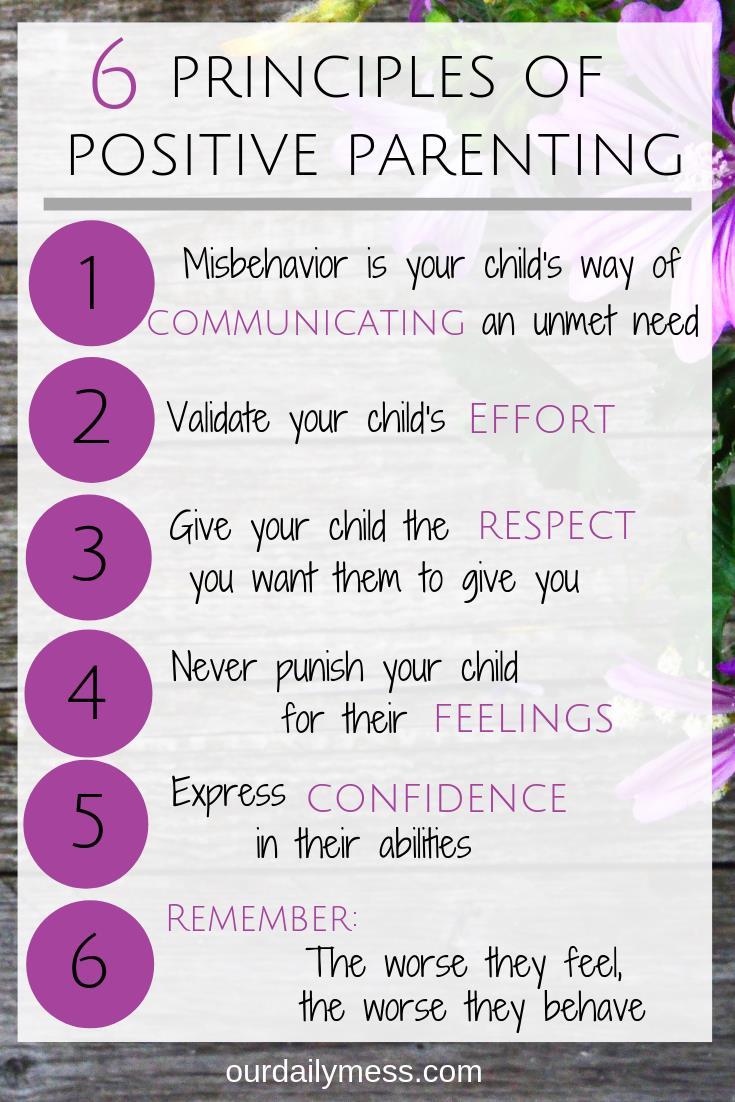
Conclusion
Congratulations! You've made it to the end of this guide on embracing the fun side of parenting. By now, you should have a collection of playful activities, bonding exercises, and practical tips that'll help you build strong relationships with your children while creating a positive family dynamic.
But wait, there's more! The best part about parenting is that every day is an opportunity to create new memories and enjoy quality time with your loved ones.
So don't stop here - keep exploring ways to add excitement and joy into your family life. Whether it's trying out new hobbies together or simply taking a walk in the park, remember that the possibilities for fun are endless when you have each other.
So go ahead, embrace the adventure that is parenthood and savor every moment along the way. Your kids will thank you for it later!

 RelationshipsHealthWorkMoneyParentingRetirementPrivacy PolicyTerms And Conditions
RelationshipsHealthWorkMoneyParentingRetirementPrivacy PolicyTerms And Conditions
